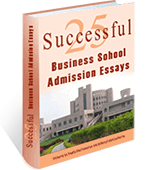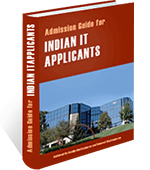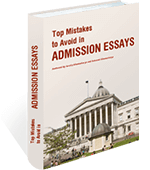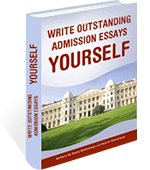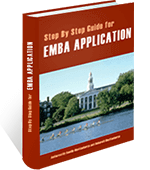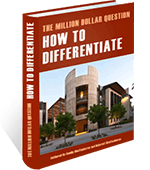
Client Admitted to MIT Sloan
People in India’s Sundarbans Tiger Reserve wear facial masks at the back of their head to fool the Bengal Tiger and live another day. A documentary on the National Geographic Channel several years ago shaped my thoughts on how meaningful impact could be created when human ingenuity meets real world problems. This experience transformed the way I looked at even simple challenges and brought to fore the innovative streak in me. Conceiving new products and processes by connecting seemingly disparate fields to make a positive difference has been a consistent theme of my career thus far.
In 2008, a tectonic shift in the mobile handset industry resulted in repeated product cancellations at Sony amid massive losses and several rounds of layoffs. By retracing some of the management decisions, I devised a new product management process called ‘Pro-Wheel’, which could lead to early discovery of fatal product missteps and reduce costs in large companies. ‘Pro-Wheel’ went on to be selected in the top 25 semi-final entries at the Wipro/Knowledge@Wharton Innovation Tournament – 2010. During my time at Sony, I authored more than eight patents in the fields of location based services, mobile gaming, near field communications and predictive analytics and won the ‘Sony Ericsson Best Invention of the Year’ award for 2010. One of my patents based on image processing has also found its way into the upcoming Sony Xperia Z1 smartphone to form the basis of a feature called ‘Info-Eye’.
With a persistent itch to realize my entrepreneurial ambition and inspired after a stint in the Silicon Valley, I relocated to India in 2011 and founded Infosource with a vision to build innovative products. The goal of introducing technology into classrooms in a distraction free manner motivated us to develop a self-morphing tablet device called ‘Kea’ that automatically converted itself into an entertainment or an education device. Attempts to commercialize the proposition in a technologically laid back market like India proved to be far more challenging. We would routinely get mischievous proposals from promoters of private schools who viewed our product as a means to circumvent regulatory safeguards and charge exorbitant tuition from students in the garb of digital learning. This situation was unacceptable. I was always clear that our value systems were non-negotiable and that our success should not be at the cost of a clear conscience. We decided to pivot our product proposition and our subsequent augmented reality products ‘ARivu’ and ‘Woofie Woof’ received accolades from multiple quarters including a slot in the Top 10 startups at UnPluggd Startup Conference (2012). This helped us raise our first round of angel investment. However, lack of product-market fit and our inability to raise further rounds of financing meant that my first tryst with building a high growth enterprise was all but over. So, while I may have fallen flat the first time, my core guiding philosophy of doing well by doing good continues to egg me on and seek the next disruptive idea.
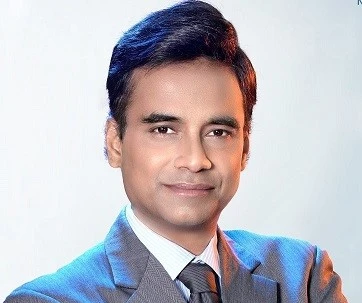
Click here to review my clients’ feedbacks, including video testimonials!
